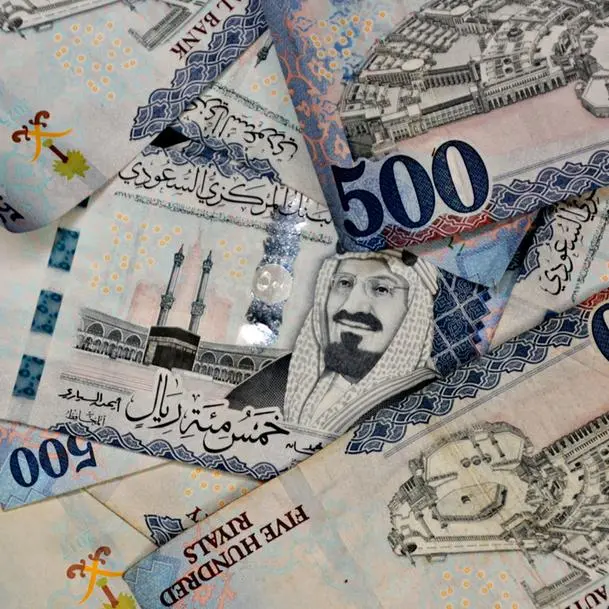VIENNA- The City of Vienna said on Thursday it is banning people not vaccinated against COVID-19 from cafes, restaurants and events with more than 25 people, pre-empting measures that are likely to be introduced across Austria soon as infections are surging.
Roughly 64% of Austria's population is fully vaccinated against the coronavirus. That matches the European Union average but is also among the lowest rates in western Europe. Many Austrians are sceptical about vaccines, a view encouraged by the far-right Freedom Party, the third biggest in parliament.
New daily infections rose to 8,594 on Thursday, government data showed - a 32% increase from Wednesday and approaching the record of more than 9,000 set last November.
"It is important to me that we take decisions before intensive-care units are at capacity," Vienna Mayor Michael Ludwig, a Social Democrat, told a news conference, outlining the new measures to be introduced at the end of next week, which also include barring the unvaccinated from hairdressers.
Of Austria's nine provinces, Vienna has the lowest infection rate, partly because it has generally had the toughest restrictions, but it also has the highest rate of intensive-care beds occupied by COVID-19 patients, 21%, for reasons that are not entirely clear.
The conservative-led national government has outlined a plan under which the unvaccinated will be placed under lockdown, with restrictions on their daily movements, once 600 intensive-care beds are filled with COVID-19 patients.
Under that incremental plan the unvaccinated, not including those who have recently recovered from COVID-19, will be barred from cafes and restaurants once 500 intensive-care beds are occupied by COVID-19 patients. The number of those beds currently in use is 352 and rising by more than 10 a day.
Two provinces, Salzburg and Upper Austria, accounted for 45% of Thursday's new cases. Upper Austria, a Freedom Party stronghold, has Austria's lowest vaccination rate.
(Reporting by Francois Murphy, Editing by William Maclean and Mark Heinrich) ((francois.murphy@thomsonreuters.com))




















